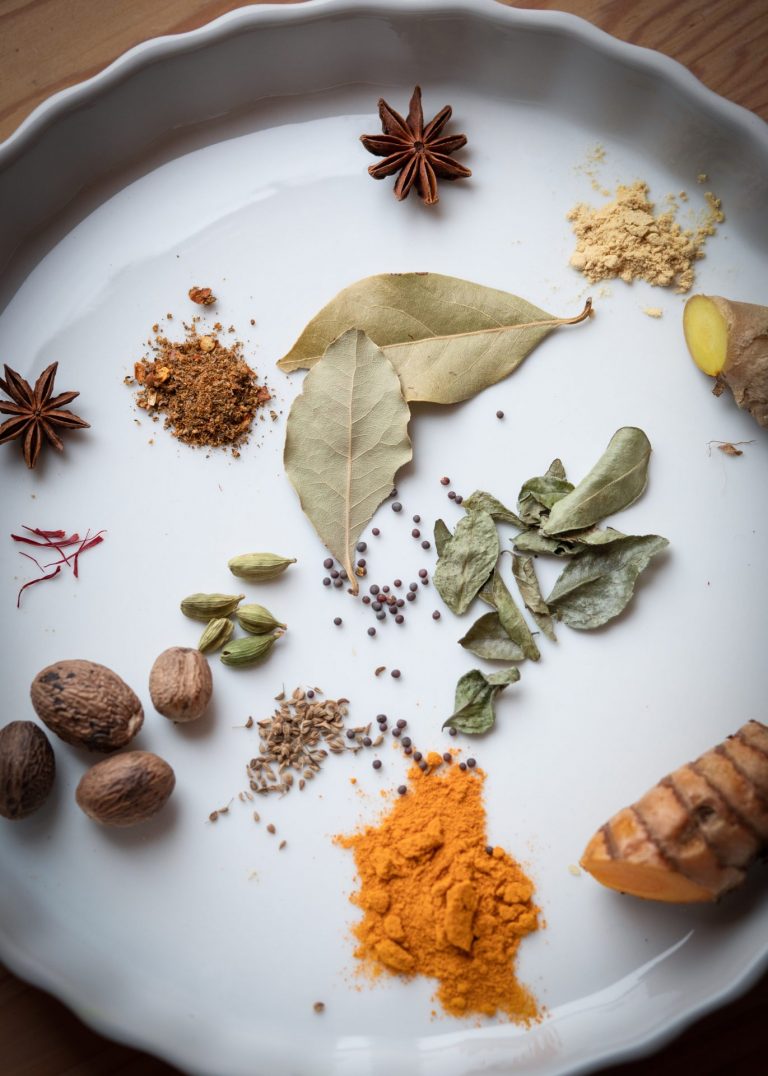There is a growing interest in the world of science on the gut function, considering the latest discoveries of the importance of our diet and lifestyle on health. Microbiology, with the study of gut biology and how bacteria, viruses and even so called parasites interact to create good digestion and better health is one of the main findings of these research papers. The main reason microbiology is interesting from an Ayurvedic point of view is that it is verifying this ancient knowledge of health from a mainstream scientific perspective. What is the common denominator between ancient knowledge and microbiology as regards health? It is that diet and lifestyle are the main factors that govern good digestion and absorption. Good digestion is the premise of good health. Therefore it is bad diet and lifestyle that are the cause of the majority of disease we experience.
 Bacteria reside everywhere on the body surface, inside and outside. The main storehouse of bacteria is found in the gut but they are abundant obviously on the outer skin and in our orifices. Intestinal bacteria help to digest our food with digestive enzymes and mechanical churning of the gut itself. When we have an abundant amount of good bacteria and there is a great variety of different strands of them we are better at digesting and consequently absorbing food.
Bacteria reside everywhere on the body surface, inside and outside. The main storehouse of bacteria is found in the gut but they are abundant obviously on the outer skin and in our orifices. Intestinal bacteria help to digest our food with digestive enzymes and mechanical churning of the gut itself. When we have an abundant amount of good bacteria and there is a great variety of different strands of them we are better at digesting and consequently absorbing food.
What we eat determines the quality and quantity of gut flora. Organic, local and seasonal food is the best way to create a good mix of highly efficient bacteria. It is important to know how to eat, as even the best of foods can become toxic if eaten for example too fast and not properly chewed.
Lifestyle has a big impact on the bacterial behaviour as well. Stress, in any form, be it mental, physical or emotional compromises gut function. When our lives are balanced between stress and relaxation our gut collaborates with us providing us with high levels of energy, the end result of good digestion.
It is well understood that in a relaxed state we digest well. We rest and digest. In a relaxed state, gut motility is smooth and therefore we experience less cramps and random pains. Relaxation allows good circulation of blood which brings more energy and enzymes to the digestive tract. Digestion takes a lot of blood and stressed and tight blood vessels struggle providing enough blood to digest food well. When stressed digestion slows down or can stop altogether. This allows bad bacteria to proliferate causing gas and bloating. Consequently, the food ferments and becomes too acidic also by bacterial waste products. Food also stays too long in the gut and being made acidic by the bad bacteria it easily creates an inflammatory reaction inside the gut. An inflamed gut lining is unable to digest well.
Small intermittent fasting has now been proven to be one of the best ways to counteract proliferation of bad bacteria and development of a healthy gut flora. Ayurveda has always recommended to engage in this activity. What does it mean in practice? Firstly, it means no snacking i.e. we need to avoid eating between meals. The time after meals is spent on digestion and it should happen undisturbed. Grazing or eating small portions of food with intention of not feeling hunger and without having digested the previous portion is one of the worst habits we can have. Hunger is an important maker of activity in our body and we should familiarise ourselves with it, be comfortable with a few hours of empty stomach and healthy hunger. Feeling hungry before eating is a digestive must. It shows us that our stomach is ready for new food and that there is a high chance for good digestion. Our bodies are able to cope with quite long periods of time without food. Therefore, avoiding snacking between meals should not put us in danger of losing life force. In fact, this kind of small fasting should increase our energy levels and make us feel light and strong at the same time. During this break the food moves down the digestive tract in a peaceful way, is absorbed better and the waste is eliminated timely.
Small fasting is also good to do in the evening and at night. I would say that it is even more important to do fasting in the evening than in any other time. At night, the body is engaged in activities that aim to nourish, replenish, detoxify and lower down inflammation. If there is food in the stomach all the energy goes into trying to process the ingested food. In response, the above mentioned activities turn to opposites: the liver function is compromised, the lymphatics won’t drain and the inflammation increases. Consequently we feel tired and hungry in the morning, our body has retained the liquids it should have eliminated, there are bags under the eyes, joints are stiff and swollen and probably the quality of sleep has not been the best.
Fasting doesn’t have to be something strenuous and stressful. In fact, stressful fasting is not conducive to increased energy levels nor detoxification. Therefore, small intermittent fasting is much more preferable than long tiresome fasting regimes. By all means, there is a way of doing longer fasts as well but they take a lot of mental stamina in order to be able to withstand the feeling of hunger for longer periods of time. The best way to do fasting is to do it daily and with comfort. Ayurveda has always been very conscious of the importance of digestive breaks. Not eating between meals, having early small supper and ever so often maybe even giving supper a miss.
What is amazing about small intermittent fasting in my opinion is that you don’t have to be so mindful about everything that goes down your throat. Small fasting makes digestion so strong that anything you eat is digested better. No gas, no bloating and you probably resolve your issues with hard to digest proteins like lactose and gluten. I sometimes have to buy my lunch and I also enjoy going out with friends to eat. Usually I choose a place where I know the quality of food is good. But, restaurants use mainly bad fats for cooking and you aren’t always able to make choices seasonally. Also, often going out means eating late. But, by doing small intermittent fasting most of the time we can make up for those occasional digressions. Life is about enjoyment and one of the great sources of joy is eating good food with a good appetite. Small intermittent fasting does not deprive us from food but makes the whole experience of eating much richer.





